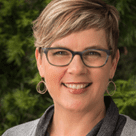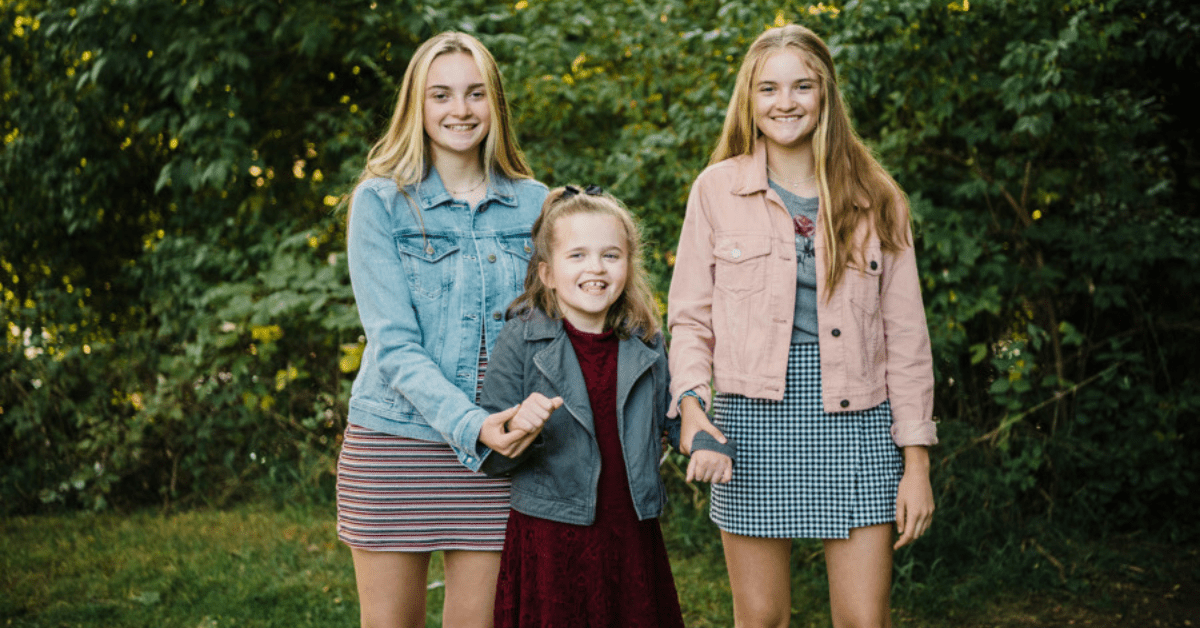Some sibling facts:
- Siblings of children with epilepsy often experience fear when witnessing a seizures. They often worry about seizures and wonder if they cause pain. This can lead to fear and anxiety.
- Siblings of children with chronic medical conditions often have higher levels of empathy and understanding of others. But they are at high risk for depression and behavioral challenges.
- Siblings of children with epilepsy are sometimes at risk of psychosocial problems.
- Some studies show that adult siblings have high levels of admiration for their brother or sister. Other studies show that adult siblings experience less closeness and see their brother or sister as a burden.
Like many parents in our community, we’re worried about the impact of epilepsy and epilepsy surgery on the siblings in the families we serve. In response to this need, we’re officially launching our Sibling Support Program.
Monthly virtual support sessions will be moderated by Andréa Vugteveen, social worker and SibShops facilitator. Siblings can share joys and concerns about their sibling who is anywhere on the epilepsy surgery journey. It’s a safe place to discuss different things, such as managing stress when their brother or sister is in the hospital or talking to their parents about their feelings.
The siblings will be co-creators in this space by engaging, supporting, and sharing with one another.
These sessions are open to teens ages 13 – 17 who have a sibling anywhere on the epilepsy surgery journey (this means they had or plan to have surgery, or are starting the surgical evaluation process.)
Sessions will be held via Zoom on the second Monday of each month at 4 pm PST | 5 pm MST | 6 pm CST | 7 pm EST.
Space is limited to 12 siblings in this first cohort. You can be added to the waitlist and we will rotate your teen into the group as soon as there is an opening.
about the author
Audrey Vernick is our Director of Patient and Family Advocacy. She is the parent of a child who had hemispherectomy for seizures caused by stroke. She holds a level 2 certification in Special Education Advocacy Training from the Council of Parent Attorneys and Advocates and is certified by The ARC in future planning. She also serves on the International League Against Epilepsy’s Social Work and Social Services Section.


